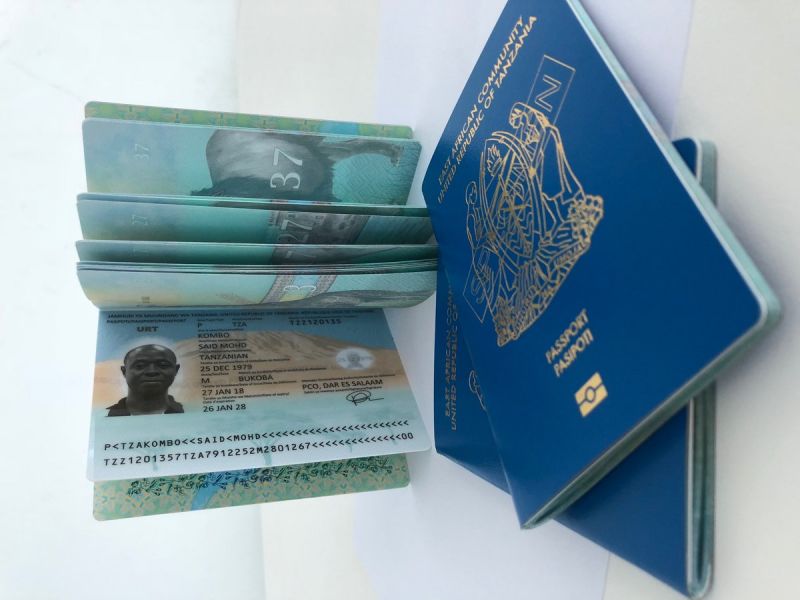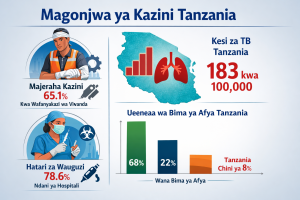
Are the African People Truly Free to Move Freely to Benefit from the African Continental Free Trade Area (AfCFTA) agreement?
The AfCFTA and Free Movement
After establishing the agreement in January 2018 to coordinate the economic, social, political, and digital sphere of the African Union (AU), the movement from one African state to another has been another target. It was a listed objective within the Agreement establishing the African Continental Free Trade Area as per Article 3, to enable natural persons to migrate freely within the state parties of the AU.
Before introducing the Agreement, Intra- African trade was greatly or ostensibly stifled by the stringent entry rules making it difficult for citizens to move from one country to another. There was no absolute liberty to migrate within Africa for locals, especially for business persons who were subjected to different barriers such as VISAs. The current trend on the matter is that a protocol was introduced by the AU member states under the Free Movement of Persons FMP), aimed to uplift barriers available in cross-border movements.
Reasons for the Continued Stiffness to Accelerate Free Movement
Few countries have ratified the Free Movement of Persons Protocol (Kigali) as only 54 out of 55 AU member states have signed the Agreement, 44 countries have deposited their instrument of ratification and only 4 have ratified the protocol. Their hesitancy to commit to the protocol does not give a free pass to other citizens from different AU states to roam around the continent. It has been noted that fear of implementing the Agreement would trigger political instability as several richer African states would experience a sudden influx of low-skilled economic migrants from poorer countries.
There is a narrow interpretation of the term ‘free movement’ under the states’ local laws that discourages total liberty for other citizens to migrate across Africa. The definition of free movement has been restricted by the Protocol due to the concern of unregulated movements of people in the territories. No African state would risk such chaos or unorganized way of people migrating into their land which in later effect can welcome international criminals or complicate a country’s security stability.
How to Promote Freedom of Movement for Economic Prosperity in Africa
There is a need to champion the right of entry across African borders in order to up root all barriers that hinder cross-border movement. In the Africa Prosperity dialogue organized by the African Prosperity Network in partnership with the AfCFTA Secretariat, President Nana Akufo-Addo of Ghana was called upon to advocate for the protocol on the free movement of persons. He urged all Africans to view themselves as champions of Intra-African trade. This being the case all nations need to join hands to pursue this noble cause.
“Letting Africans roam freely and free movement of people within the continent is a must, If Africans truly want to enjoy the full benefits of the AFCFTA.”
The AfCFTA implementation can hold ratified governments to the treaty accountable to the obligations that were agreed per the treaty especially on freedom of movement. Ratification needs to be followed up to see if the governments are doing what they signed for. Upon discovery of any contradictions to the protocol, they should be held responsible by either a forewarning, disciplining actions, or removal from membership to the Agreement.
The AU meets annually under the Africa Prosperity Dialogue and takes stock of the progress of Africa’s prosperity agendas one of them being freedom of movement for Africans. This meet-up should be taken of utmost importance as not following up on the efforts made, the implementation would lag. Upon dissatisfaction with the improvements, other measures should be implemented to move forward for Africa’s economic blossoming.
There is a need to emphasize on Visa Openness to African nationals to avoid unnecessary complexity in entry to African states. Visas should be transparently opened to all Africans and not a matter to be currently battling for. Restrictions could be a little intense for international migrants’ but for Africans, there should be an introduced system such as having uniform Entry licenses to glorify the objective of the AfCFTA.
By benchmarking with other African economic regional blocs that have advanced quite ahead in supporting this aspect, Africa can further enhance freedom of movement for all. Remarkably popular regional blocks which have allowed passport-free-cross-border travel within the regions are the East African Community (EAC) and the Economic Community of Western African States (ECOWAS), and are looking forward to adopting Regional passports. With an examination of such kind of commitment, the AU and other blocs should do the same to advance, to a smoother movement of their people.
By allowing better and free movement of people, states can enlarge and easily tap into a wider labor market to bridge skills gaps while trading across borders. Letting Africans roam freely and free movement of people within the continent is a must, If Africans truly want to enjoy the full benefits of the AFCFTA. Thus, economic liberty must be a priority in this trade area by considering opening doors for easy movement of people with caution to criminal risks.



